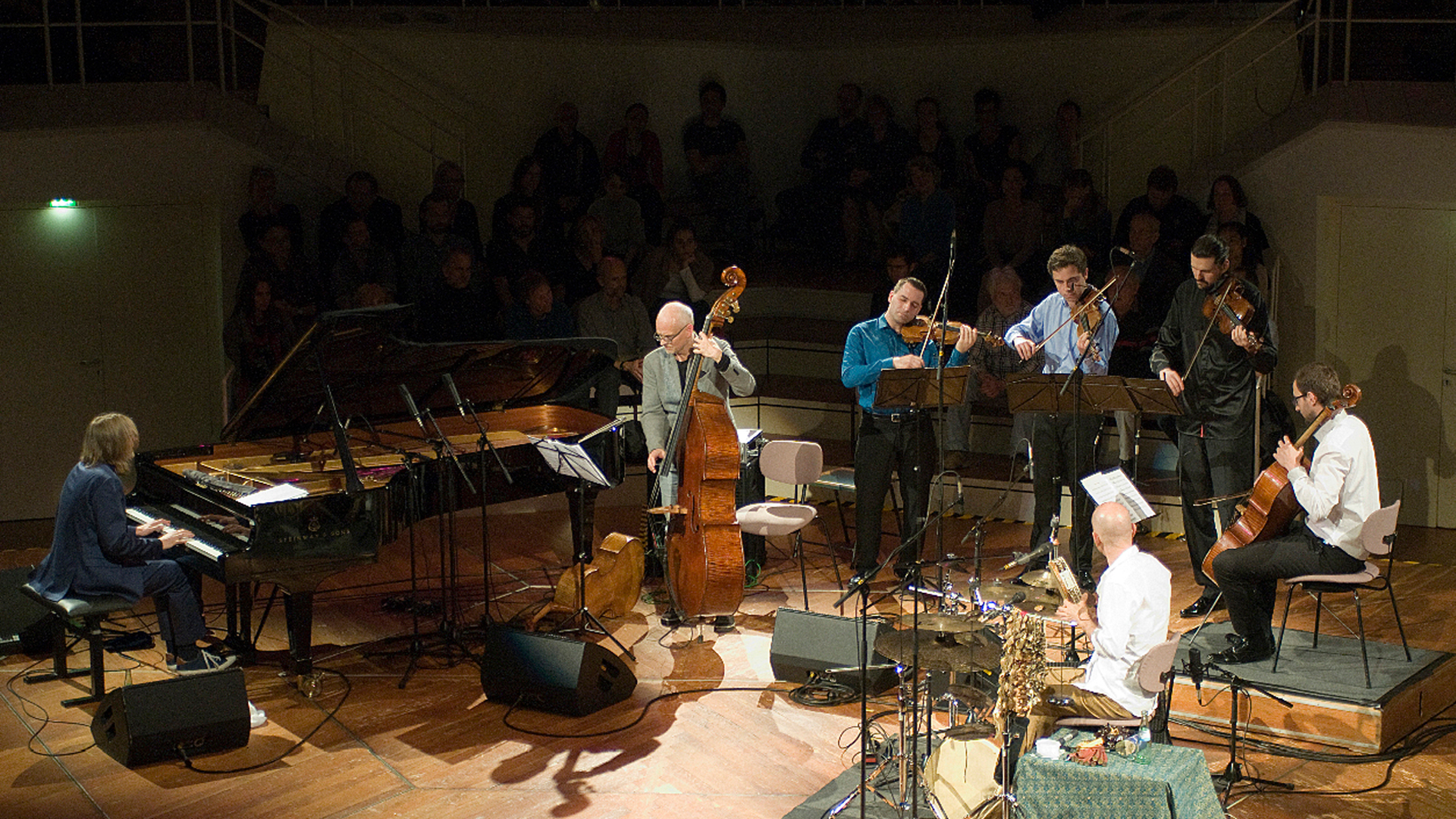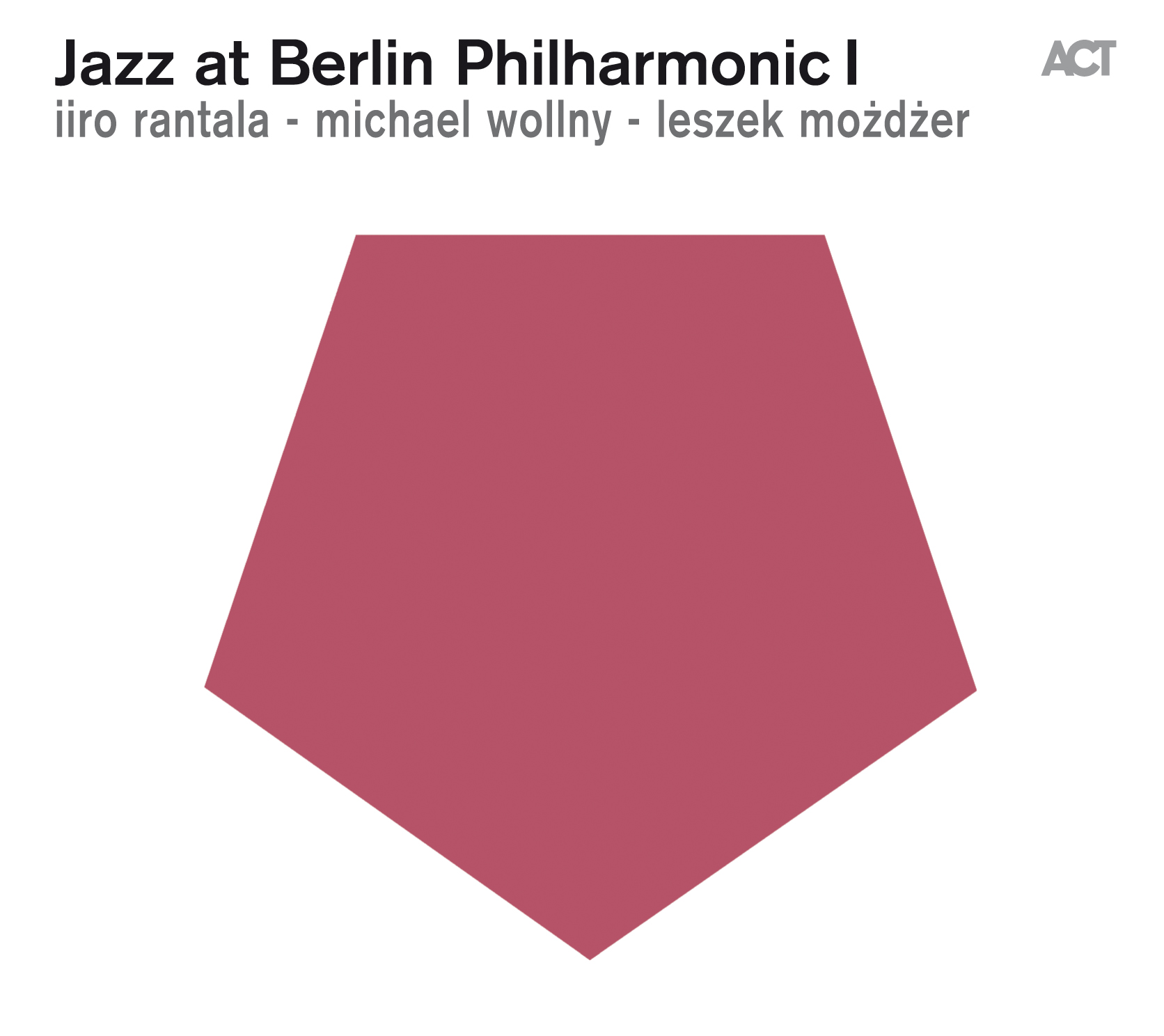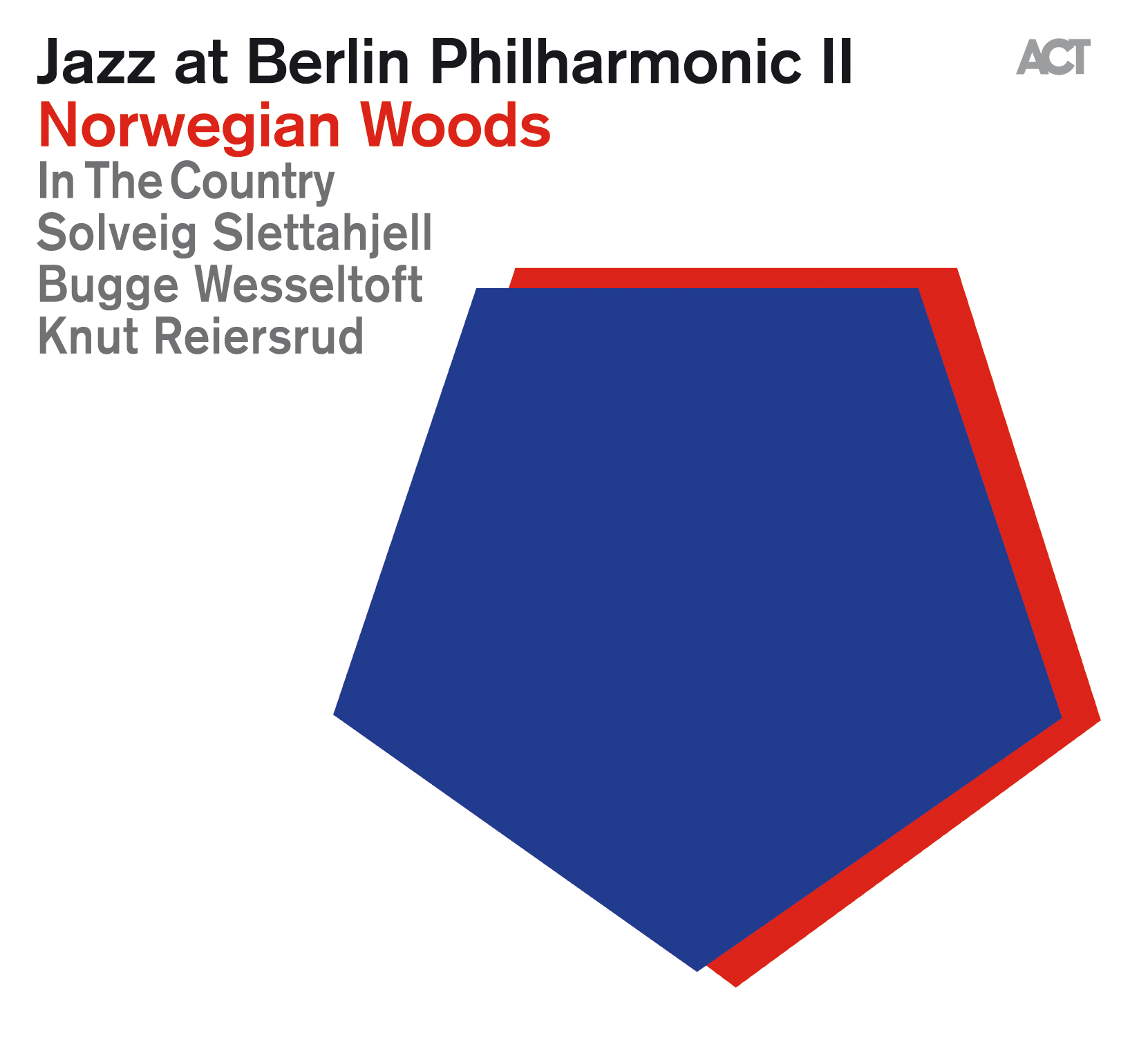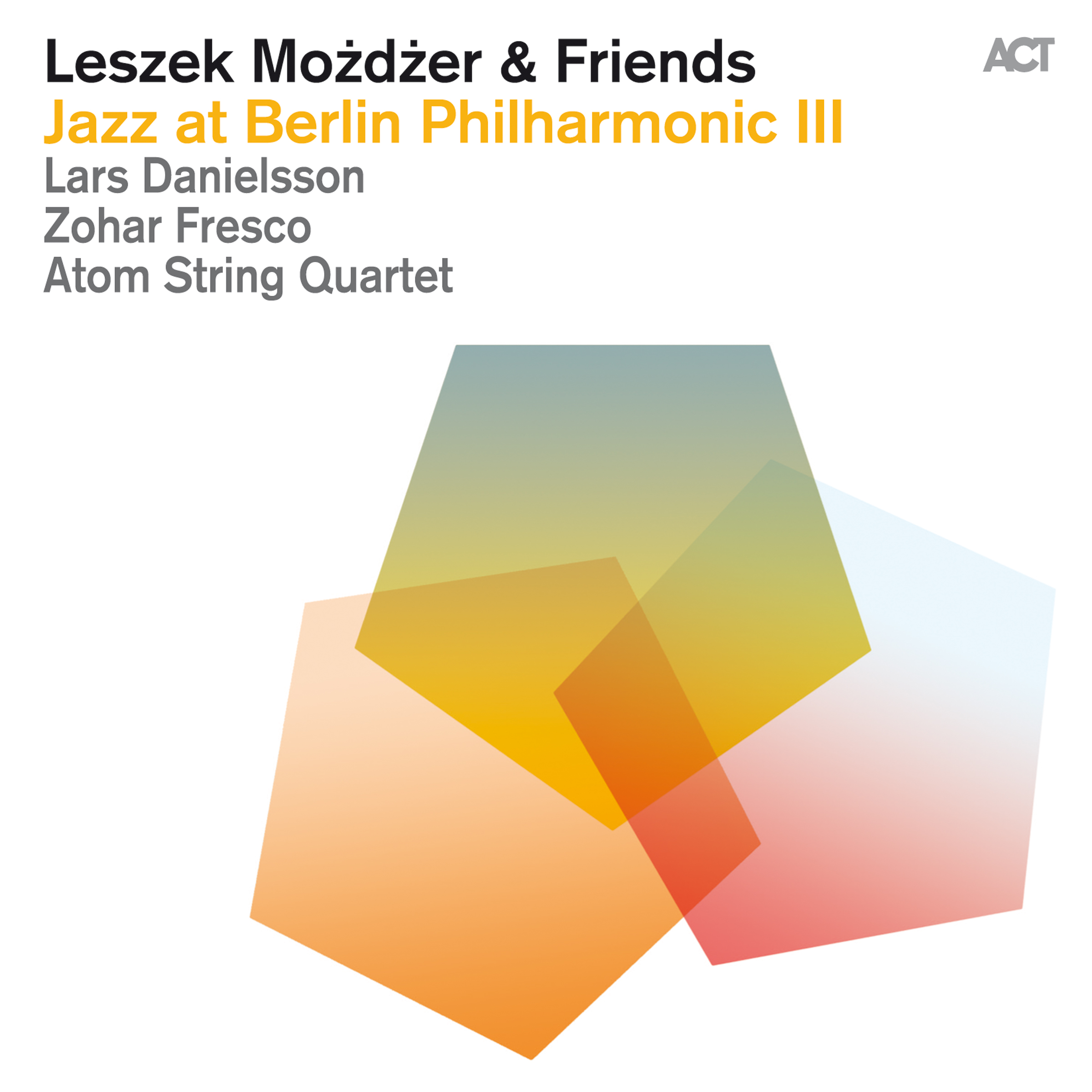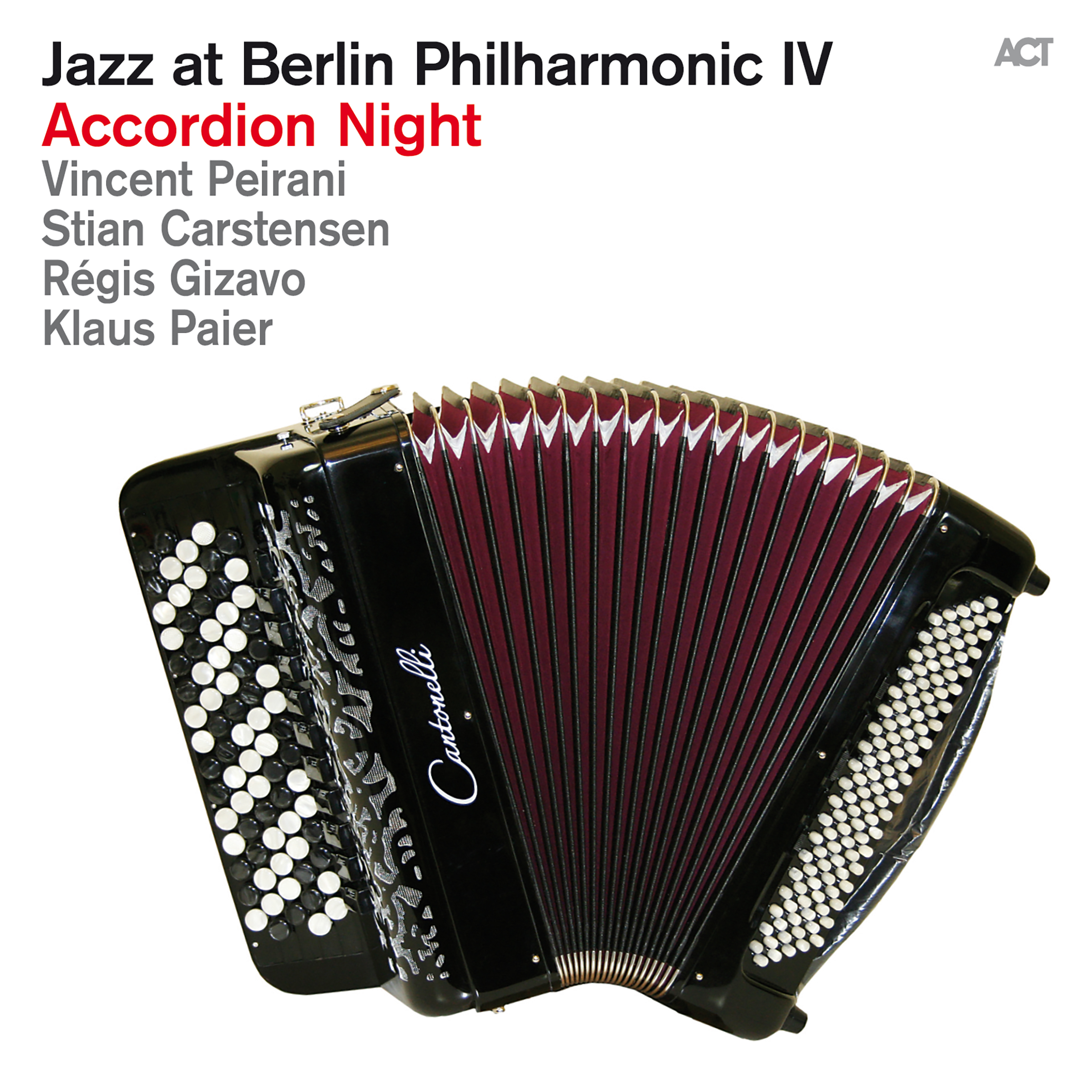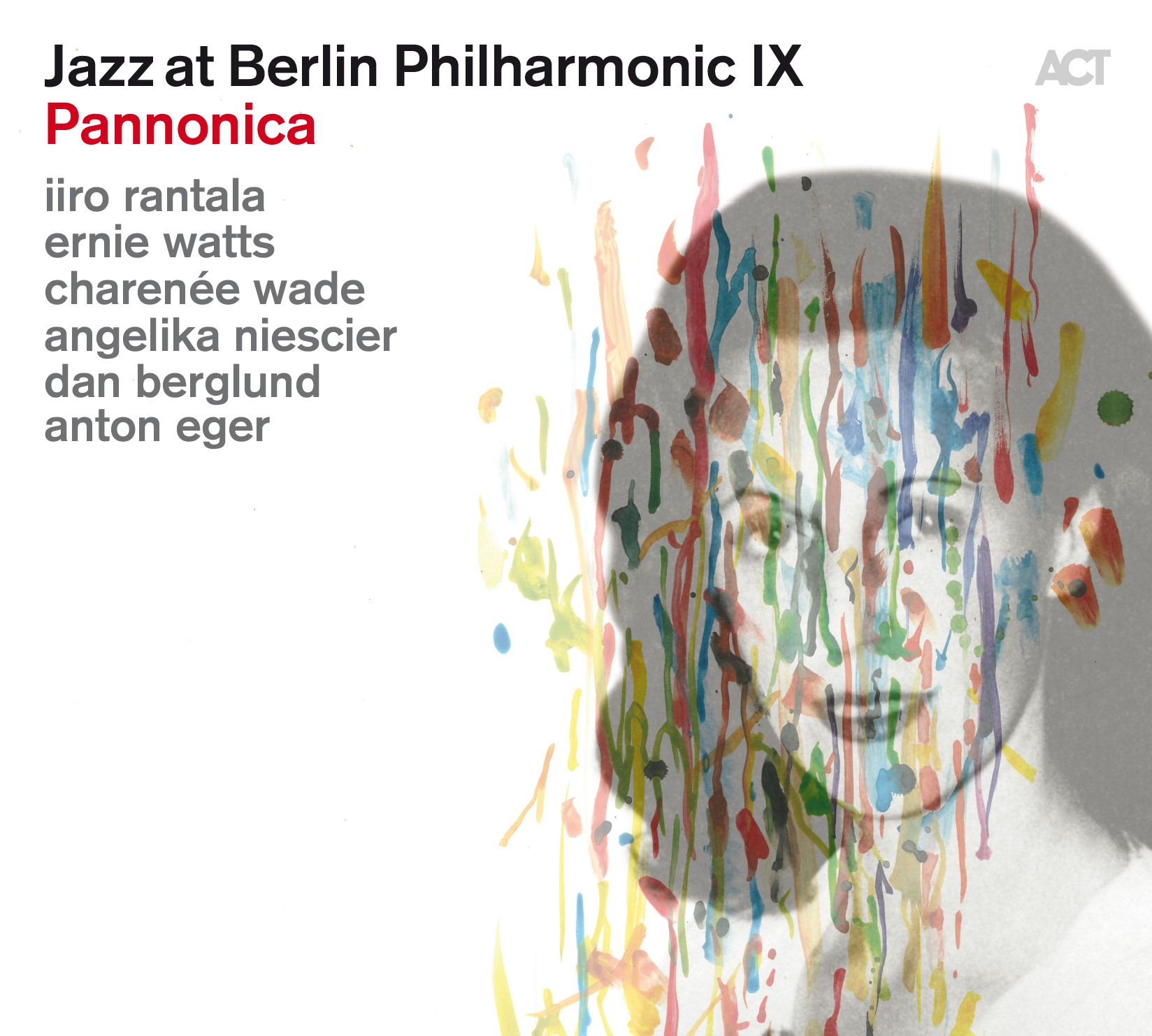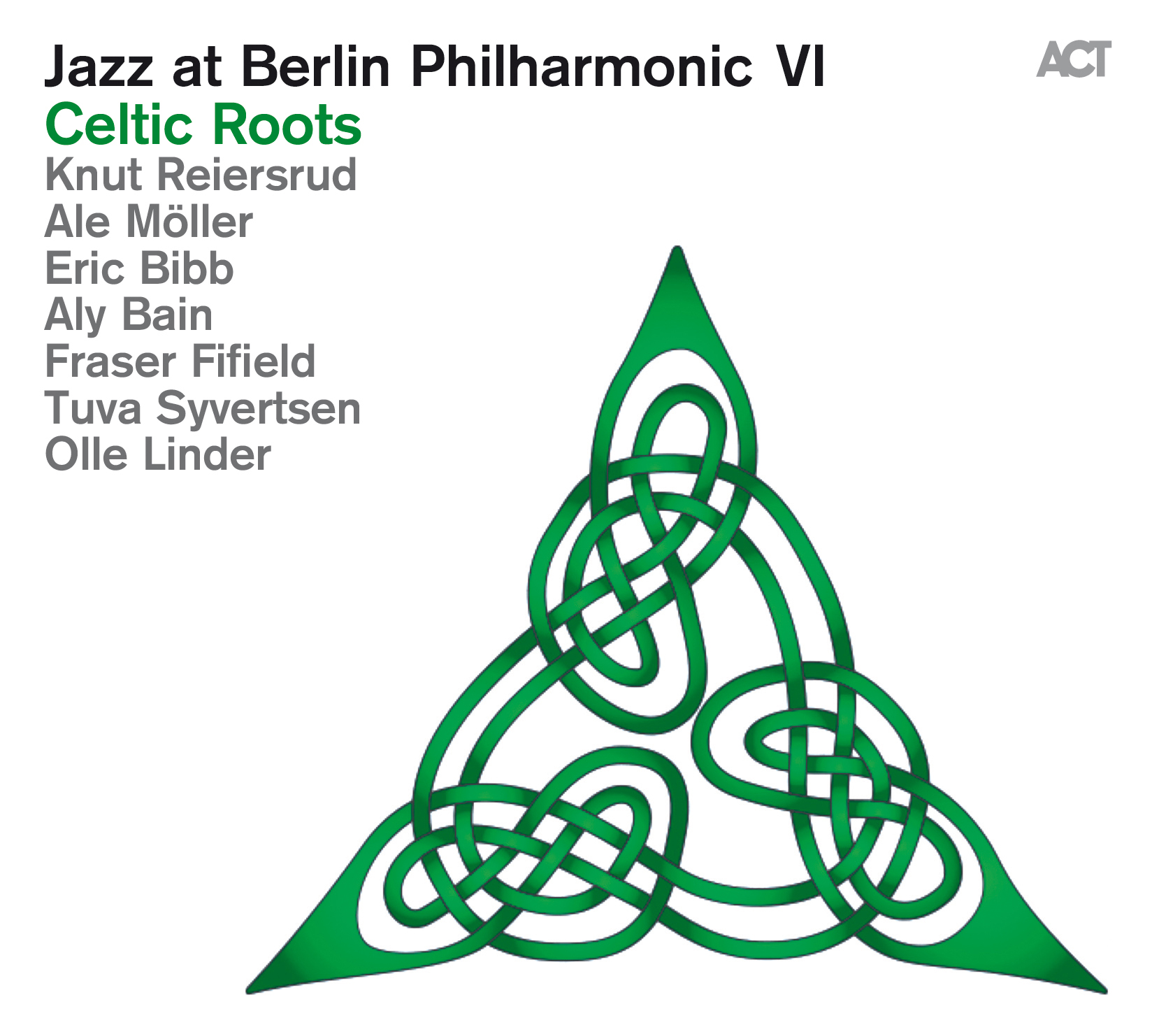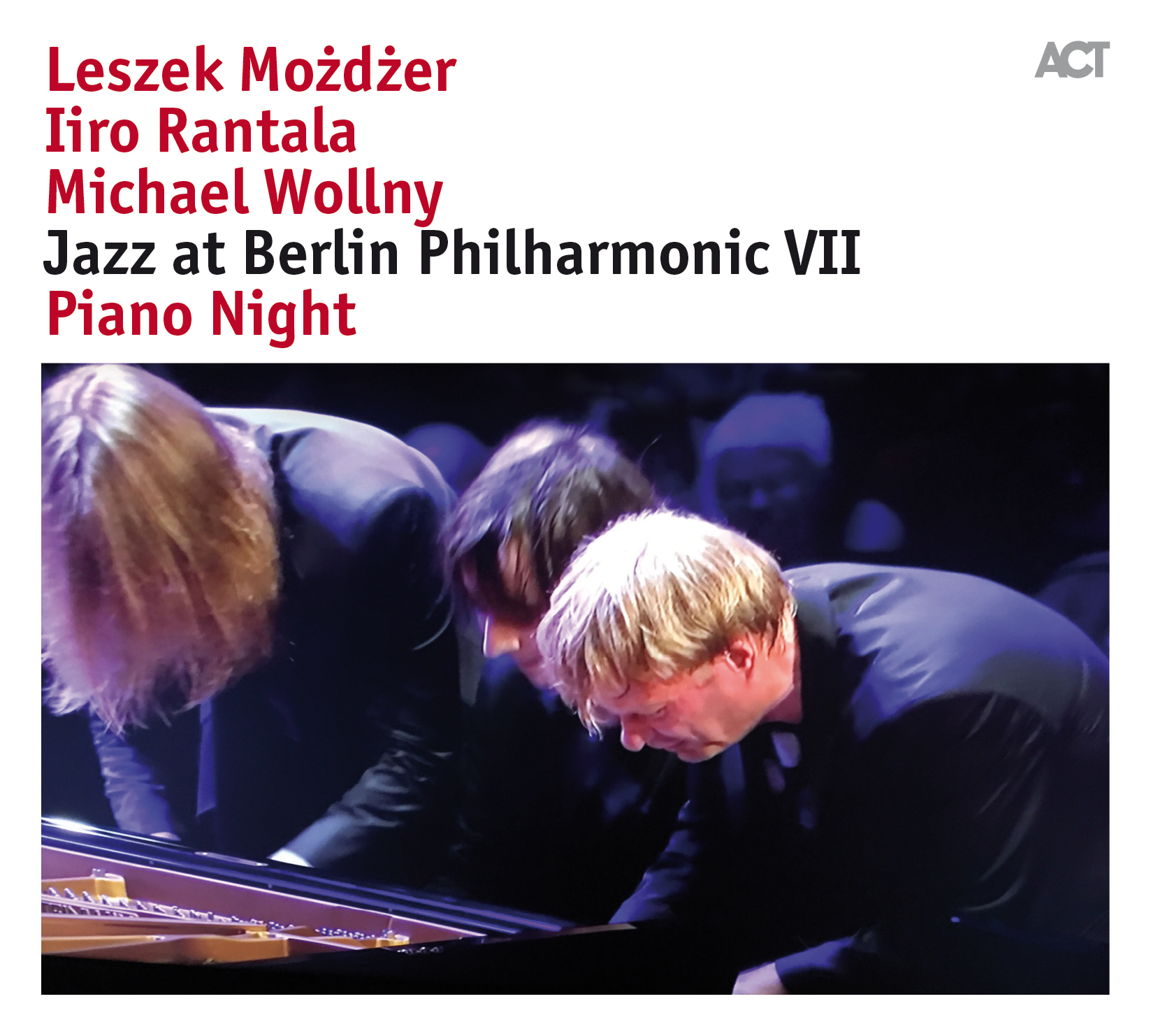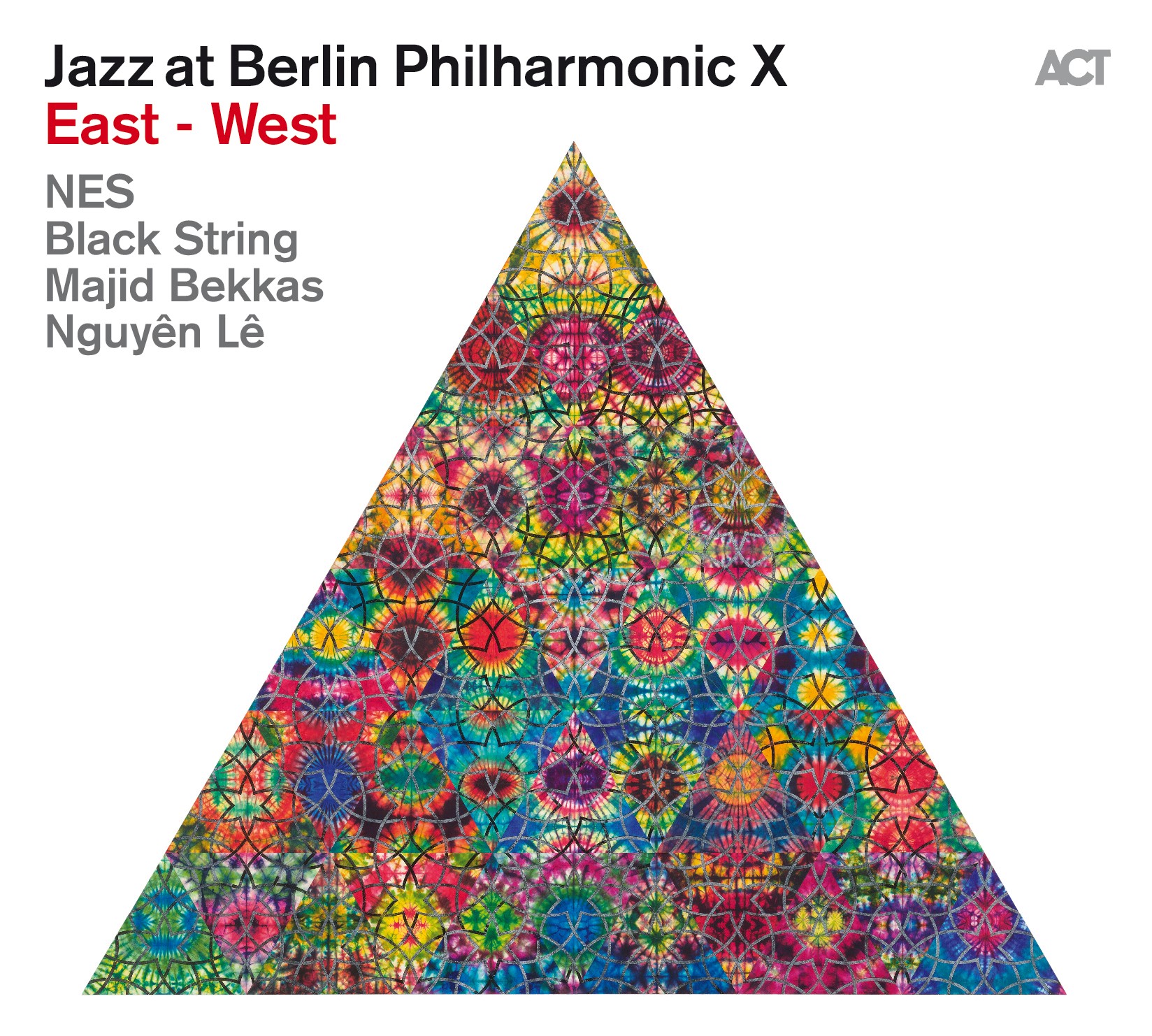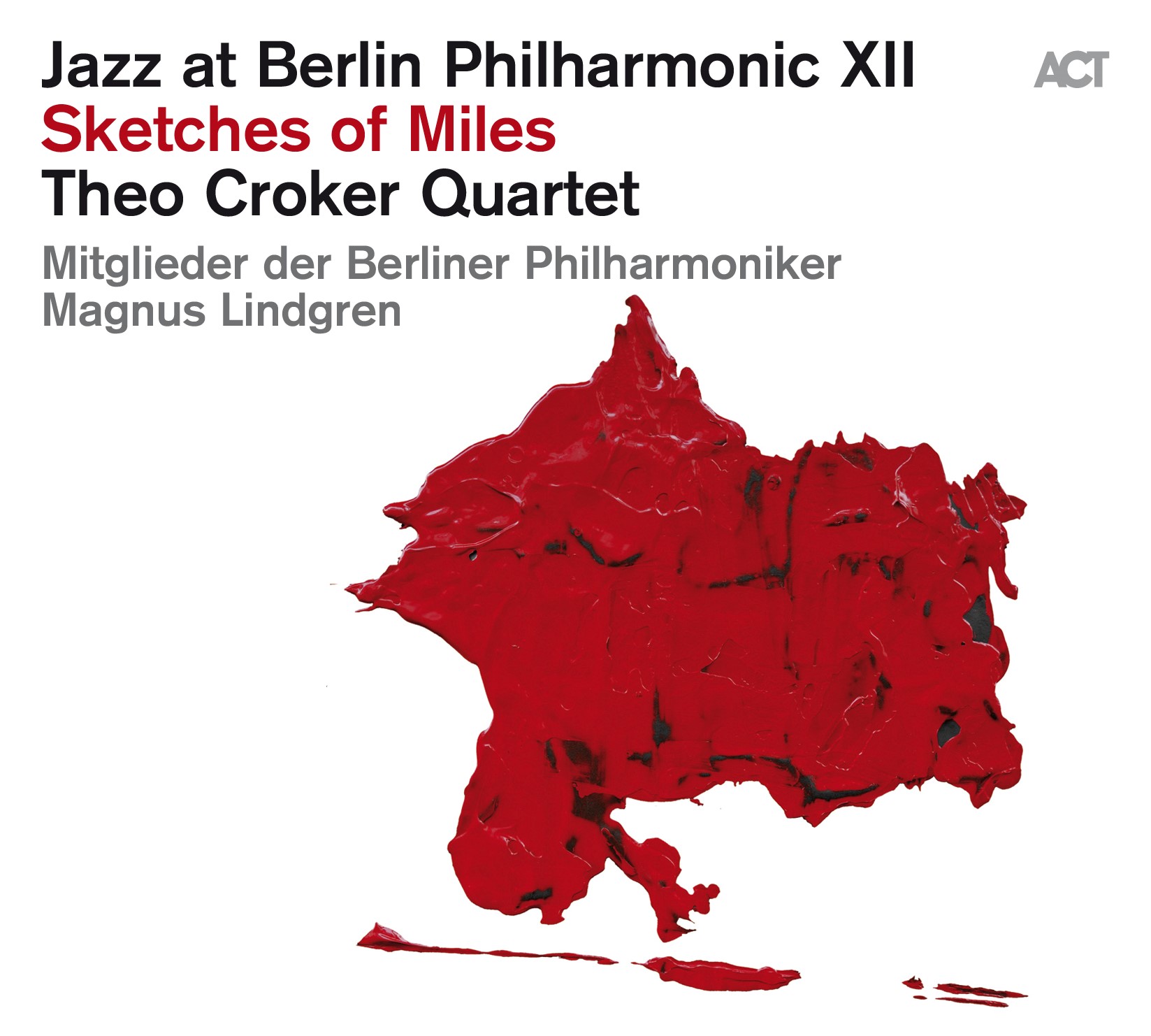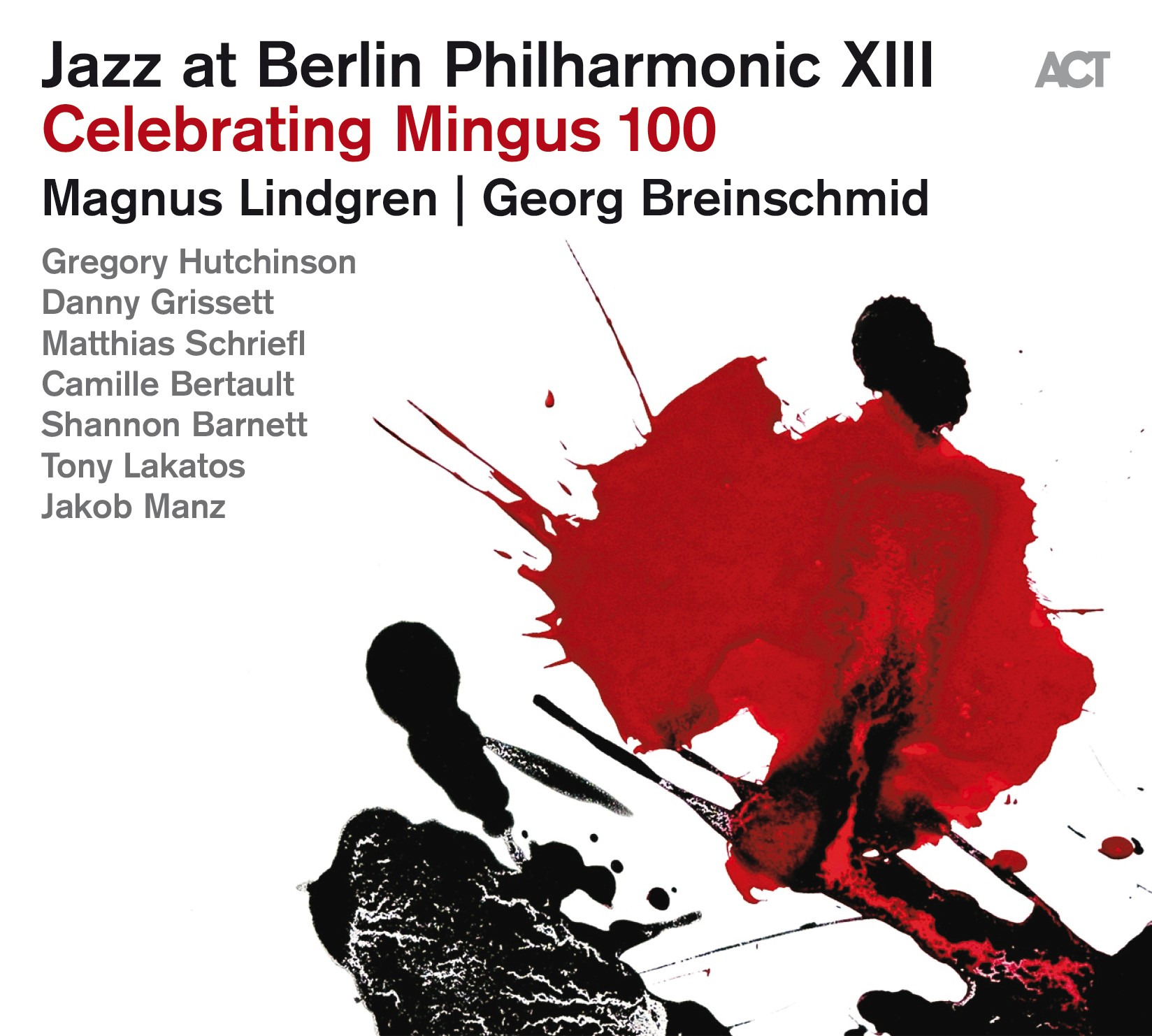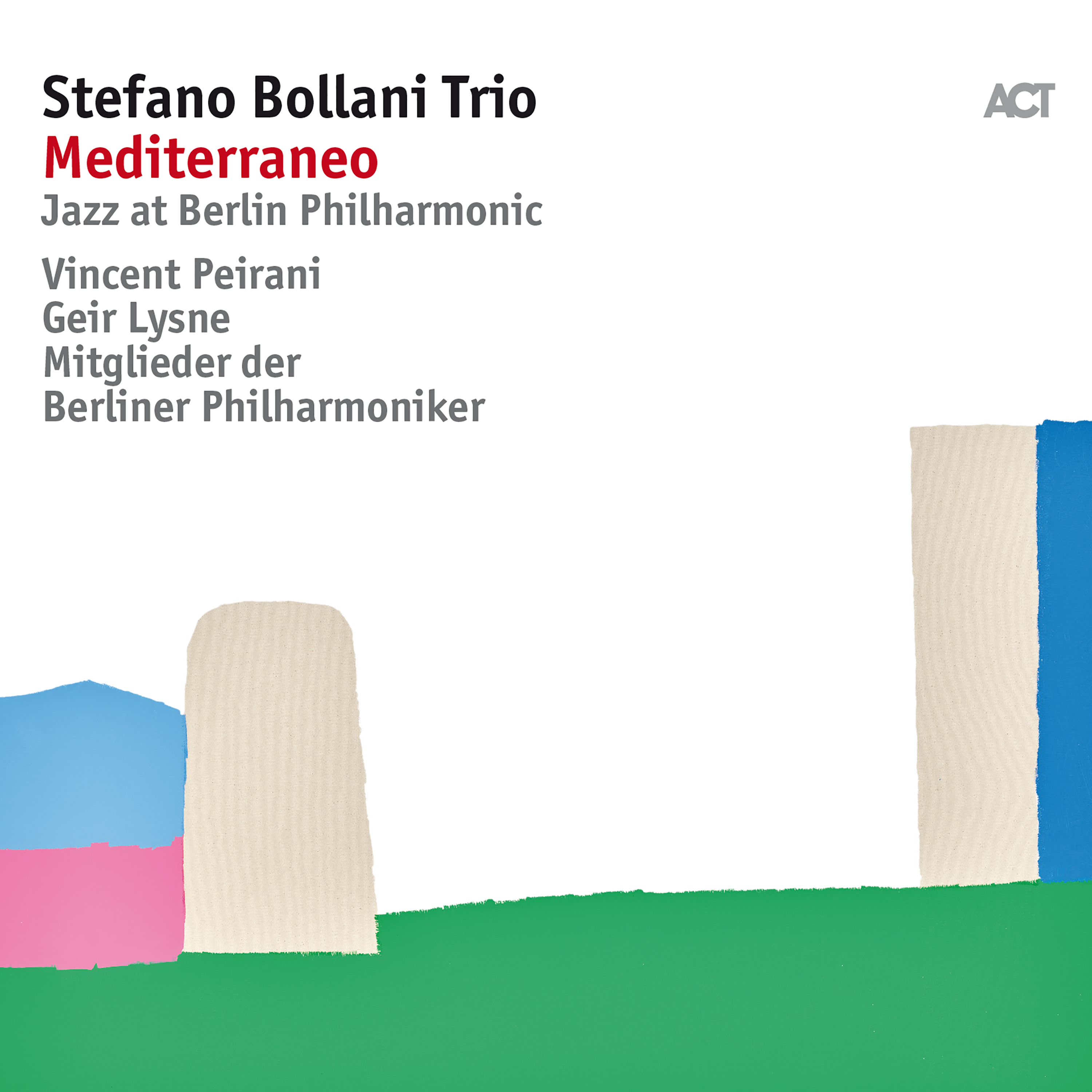Back
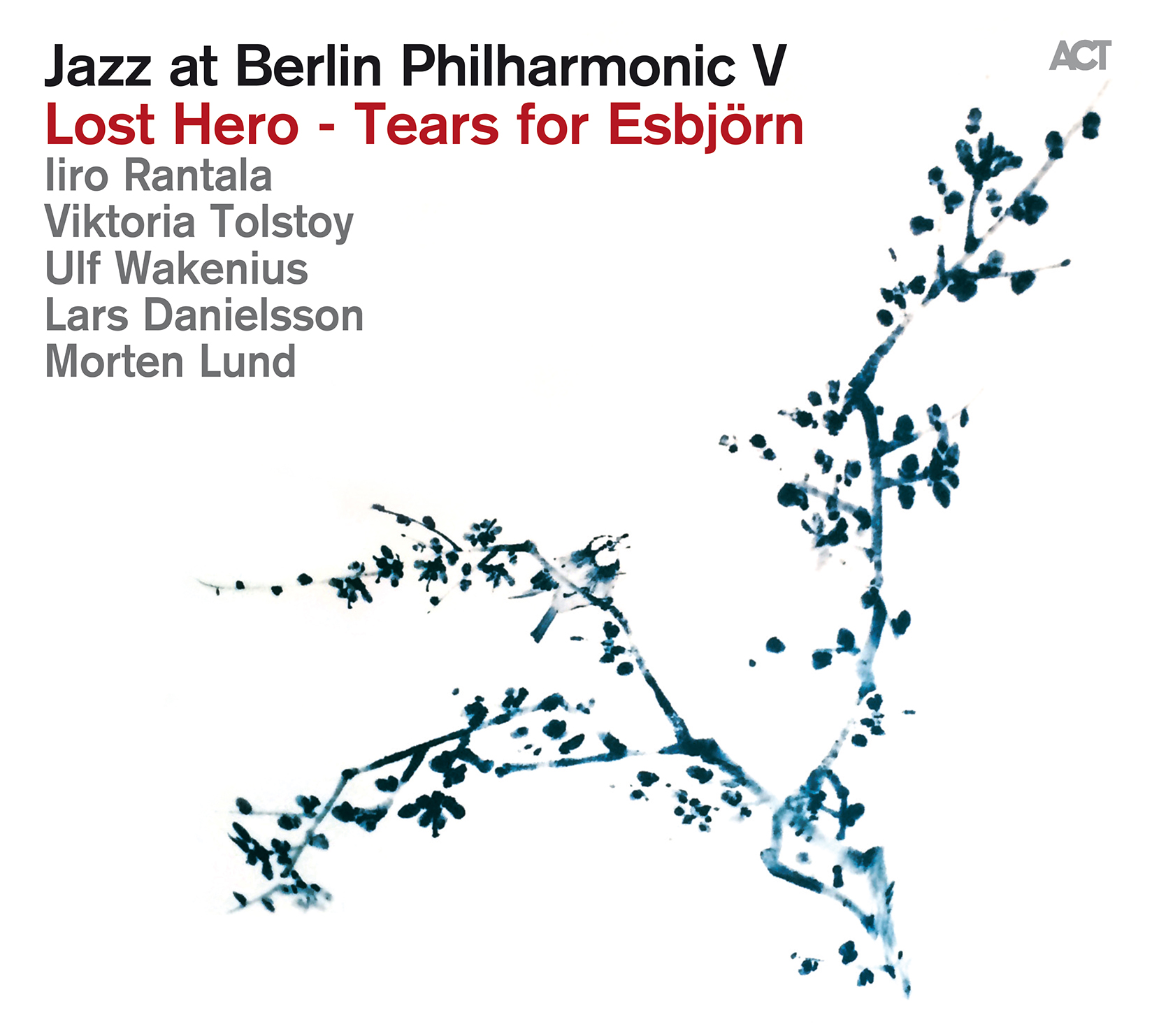
![Jazz at Berlin Philharmonic V: Lost Hero - Tears for Esbjörn Jazz at Berlin Philharmonic V: Lost Hero - Tears for Esbjörn]()


VÖ: 26.02.2016
Genre: Piano Jazz
Iiro Rantala / piano
Viktoria Tolstoy / vocals
Ulf Wakenius / guitar
Lars Danielsson / bass
Morten Lund / drums
Curated, produced & desinged by Siggi Loch
Recorded live in concert at the Berlin Philharmonie, (KMS), October 1, 2015
Recorded, mixed and mastered by Klaus Scheuermann
Presented by Stiftung Berliner Philharmoniker
Viktoria Tolstoy / vocals
Ulf Wakenius / guitar
Lars Danielsson / bass
Morten Lund / drums
Curated, produced & desinged by Siggi Loch
Recorded live in concert at the Berlin Philharmonie, (KMS), October 1, 2015
Recorded, mixed and mastered by Klaus Scheuermann
Presented by Stiftung Berliner Philharmoniker
Few European jazz pianists have been as influential in recent years as the Swedish musician Esbjörn Svensson, who tragically passed away in 2008. In varying lineups, moods, and interpretive approaches, Iiro Rantala, Viktoria Tolstoy, Ulf Wakenius, Lars Danielsson, and Morten Lund pay tribute to some of Svensson's most well-known compositions from his trio, e.s.t., on "Jazz at Berlin Philharmonic." And when the album title "Tears for Esbjörn" is fulfilled with Svensson's perhaps most emotionally charged composition, "Love is Real," no one needs to be ashamed. Neither for tears of sorrow over the irreplaceable loss of Esbjörn Svensson nor for tears of joy over the music he left us.
Jazz At Berlin Philharmonic
The Return of a Legend:
The renowned American jazz impresario Norman Granz (1918 -
2001) had a vision in 1944: to anchor the uniqueness and artistry of improvised
music in the heart of society, to grant musicians the dignity and recognition
they deserved, and to create something new by combining different styles and
playing approaches in spontaneous and unconventional line-ups. There could only
be one ideal place for this endeavor - a classical concert hall. Thus,
"Jazz at the Philharmonic" was born.
Curator and producer Siggi Loch embraced Norman Granz's
groundbreaking idea and, in partnership with the Berliner Philharmoniker
Foundation, founded the concert series "Jazz at Berlin Philharmonic."
In "Jazz at Berlin Philharmonic," the program itself takes center
stage.
